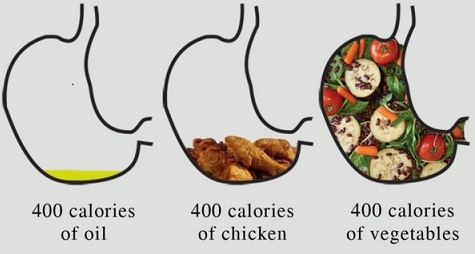Finally! the truth about oil as food is hitting the mainstream media
Coconut oil is marketed as healthy, but it has more saturated fat than butter or lard
'It's unfortunate that coconut oil has been given this health halo,' says human nutrition expert
Katie Pedersen, Chelsea Gomez, Asha Tomlinson · CBC News · Posted: Nov 15, 2019 4:00 AM ET | Last Updated: 6 hours ago
It's regularly touted as a "superfood" or a "healthy fat" and is found in supermarkets and health food stores across the country.
But coconut oil is made up almost entirely of saturated fat. In a 14-gram tablespoon, about 13 grams — over 90 per cent — is saturated fat.
That's nearly double the amount in the same volume of butter, 2.5 times as much as lard, and more than six times the saturated fat of olive oil.
Marketplace reviewed the study that seemed to spark the coconut oil health craze, and found that even its author isn't buying into the health trend.
You can read the rest in the attached article...
Emma JC
Coconut oil is marketed as healthy, but it has more saturated fat than butter or lard
'It's unfortunate that coconut oil has been given this health halo,' says human nutrition expert
Katie Pedersen, Chelsea Gomez, Asha Tomlinson · CBC News · Posted: Nov 15, 2019 4:00 AM ET | Last Updated: 6 hours ago
It's regularly touted as a "superfood" or a "healthy fat" and is found in supermarkets and health food stores across the country.
But coconut oil is made up almost entirely of saturated fat. In a 14-gram tablespoon, about 13 grams — over 90 per cent — is saturated fat.
That's nearly double the amount in the same volume of butter, 2.5 times as much as lard, and more than six times the saturated fat of olive oil.
Marketplace reviewed the study that seemed to spark the coconut oil health craze, and found that even its author isn't buying into the health trend.
You can read the rest in the attached article...
Emma JC



